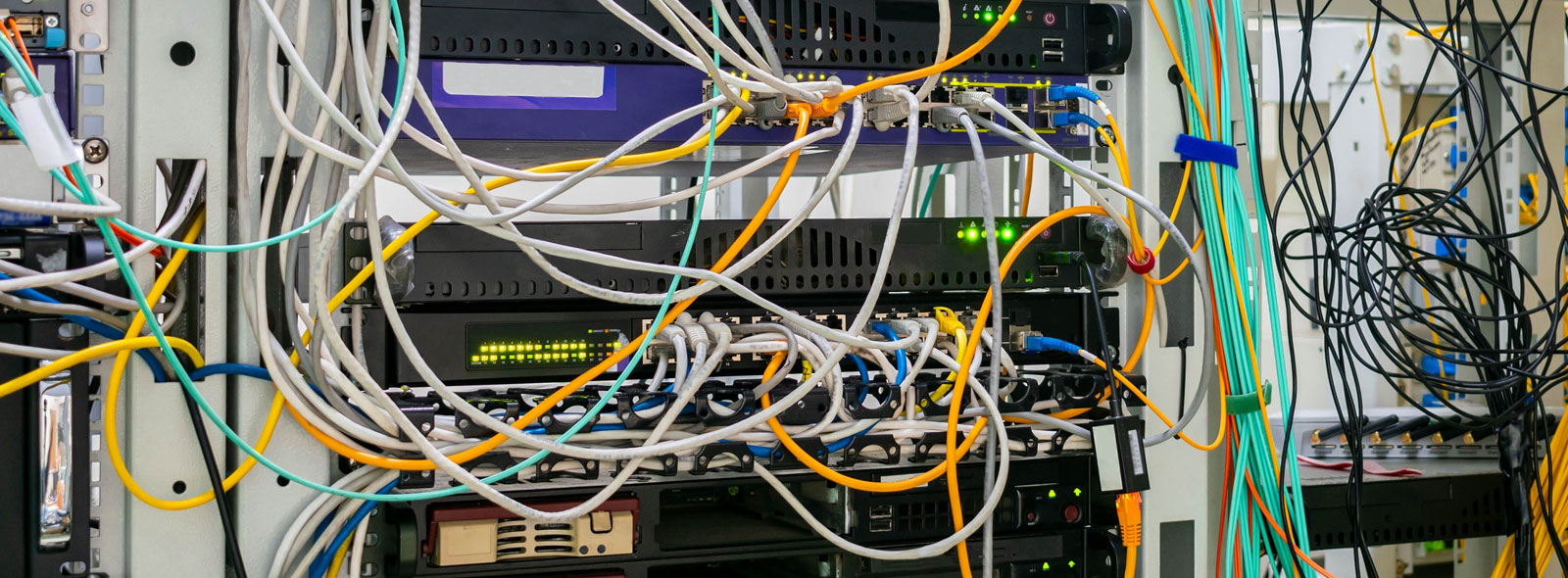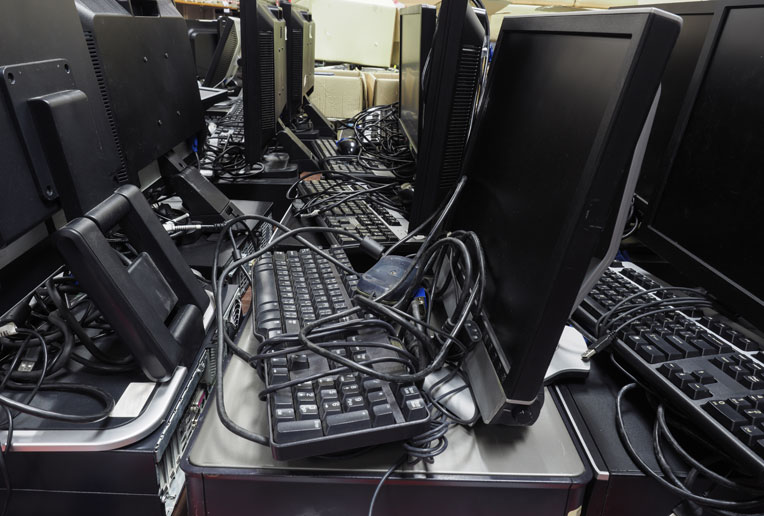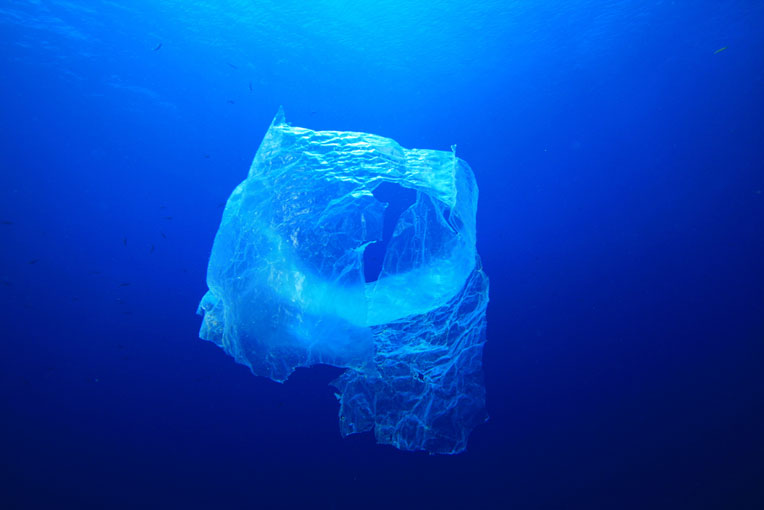E-Waste recycling is the process of downsizing various types of electronic and electrical waste to liberate metals and sort these from the organic materials like plastic and rubber for the purpose of reusing the materials.
The most sought-after resources are ferrous and non-ferrous metals like aluminium, brass, and copper as well as precious metals like gold and silver.
All of these metals resources have been mined.
- It takes 4-5 tonnes of Bauxite to make 1 tonne of Aluminium which is then initially heated to 960°C, the first of an extensive 7 stage process.
- Recycling scrap aluminium requires only 5% of the energy used to make new aluminium.
- Aluminium can be recycled over and over again without it losing any of its natural qualities.
Recycled aluminium is remelted to form molten aluminium after sorting and cleansing. The molten aluminum is then formed into ingots for rolling, casting or extruding.
Historically vast amounts of waste electrical equipment in the UK has been land-filled.
Recycling Segregation
We identify and separate out bio degradable elements that can not be recycled but will not contaminate the environment.
We isolate, capture and store all toxic substances (hazardous waste) such as mercury, arsenic, refrigerants and coolants and prevent them from polluting the environment, by seeping from land fill sites into the water tables and into the food chain.
The Mercury from one single fluorescent light tube is enough to pollute 30,000 litres of Water beyond the safe drinking level in the UK
Our objective is to preserve the finite supply of metals and minerals that have been mined and extracted, often using significant energy and resource, by recycling and re-using them creating a circular clean economy.
Multiply the utilisation efficiencies of recycled materials.
Modern day computers, computer screens, telephones, printers and accessories all weigh less than they ever did, use less material resource than they ever did.
The circuit board of a computer made 5 years ago does not even fit into a modern day slim laptop which in itself has significantly enhanced processing power using less raw materials.
So the resource recycled from one old computer could be sufficient for the manufacture of multiple computers.
Safer Alternatives
The use of toxic substances are being removed from the manufacturing supply chain through advances in science, technology and legislation.
According to UNESCO, plastic waste makes up 80% of all marine pollution.
But research at a Californian university is delivering some encouraging results
Bio degradable plastics that degrade without affecting ocean PH levels and are not harmful to aquatic life are being developed with properties that mimic the strength of conventional plastic.



